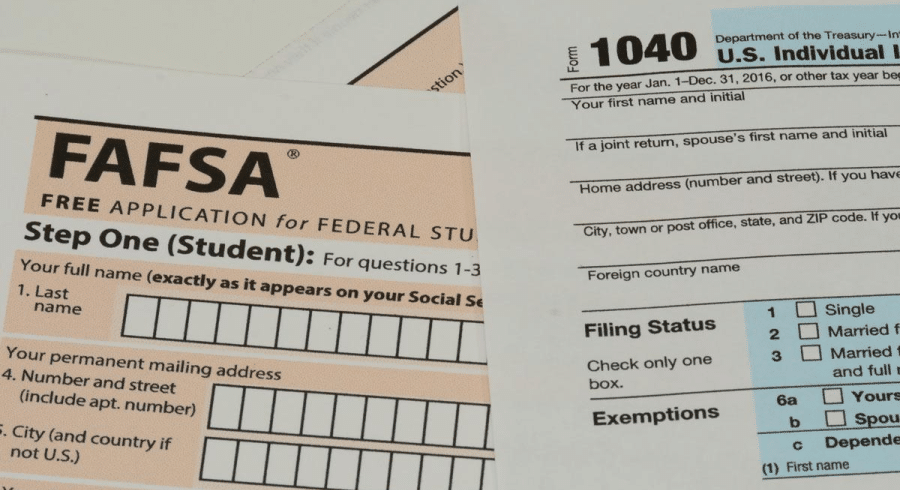On Income and Happiness: How Much Is Enough?
More money, more problems.
It feels that way sometimes, doesn’t it? While a bigger salary and a rising net worth are things we strive for during our working years, stress often rises the more assets we accumulate and the more we earn. It used to be that about $75,000 per year was the sweet spot for balancing happiness with financial or work-related stress. Now, taking inflation into account, that figure is estimated to be near $105,000. According to the U.S. Census Bureau, the median household income in 2021 was just above $70,000. You could say that the old quip from John D. Rockefeller rings true: “How much money is enough?” “Just a little bit more.”
We’re All Different
To many young workers, $105k may seem like an awesome salary while high-net-worth individuals and couples might not be able to picture life with that small amount of annual income. Everybody’s different. Still, we can all agree that finding that happy medium between earning enough to be content without having to deal with so many money stressors is important and tough.
True Wealth (It’s Not About Money)
The real issue probably isn’t about earning some magical salary figure. Rather, it is about maximizing your happiness with whatever you’re pulling down each year. Also, it is critical that you (and I!) realize that simply earning more money will not necessarily bring about more satisfaction in life. Sure, extra cash can alleviate problems like having to dip into savings to pay for a sudden car repair. Also, the wealthier you are, the more you can trade money for time – such as paying a lawn service company to cut your grass so you can devote more time to being with your family on a Saturday morning. The fact is, though, that more income and spending above a certain amount doesn’t appear to improve our emotional well-being according to study after study. It turns out that an extra zero on your W2 doesn’t improve emotional well-being.
Life Satisfaction Versus Daily Emotional Happiness
The major research drawing this conclusion was done in 2010. Behavioral finance researchers Daniel Kahneman and Angus Deaton analyzed the emotional quality of everyday life, dissecting the money-related factors that go into joy, stress, sadness, anger, and affection. What’s fascinating in the findings is that how survey respondents rated their life differed from how they gauged happiness. While income and education are tied with how one assesses how much progress they have made professionally, it’s health, caregiving, loneliness, and even smoking that are predictors of positive or negative daily emotions.
The upshot is that high income affords you life satisfaction, but happiness? Rarely the case. The latest conclusions on this subject from Purdue University show that in North America, the ideal income for life satisfaction is $105,000.
Saving More or Spending More?
So, think of it like this: If you and your spouse earn, say, $500,000 annually, and you admirably save $150,000 of that, you likely won’t get much more happiness from saving or spending another 10 grand a year. A better approach might be to think about spending areas that bring you true joy. For many of us, it is new exciting experiences that break our routines that get us going. Also, being around close friends and family creates indelible memories that can last a lifetime. Finally, just fun and relaxed activities outdoors can reinvigorate your day-to-day. And don’t discount the little niceties of life (even that daily Starbucks coffee!) that bring you a quick moment of bliss during an otherwise stressful day.
It’s Not All About the Climb
The happiness threshold notion gets to the heart of one common problem we all encounter in today’s fast-paced world: the hedonic treadmill. That is a behavioral descriptor for our tendency as humans to run toward one pleasure after another. When we acquire a fancy new toy, we quickly adapt to it. There might be a spike in happiness, but that’s just temporary. We get used to it, then often fix our eyes on some new product. It’s like we are the hamster on the wheel of consumerism sometimes. Additionally, social media only makes it worse as we are bombarded with highlight reels of everyone else’s lives.
And For All You Type-A’s Out There…
To throw a wrench into the narrative, other research finds that some people value money more than others. Type A success-driven folks equate more money with a better status. It is possible that for these individuals, no amount of money may deliver true well-being. That’s a sad state, but I see it sometimes in ambitious tech industry workers and entrepreneurs. It takes coaching and more in-depth introspection to change that personality trait.
Next Steps:
Take stock of the things you are grateful for. You might find that it’s not more money or hitting some retirement financial goal that’s the elixir, but that simply acknowledging that you have enough to be content will bring you financial peace of mind. Income is just one of a host of factors that determine life satisfaction and well-being.







